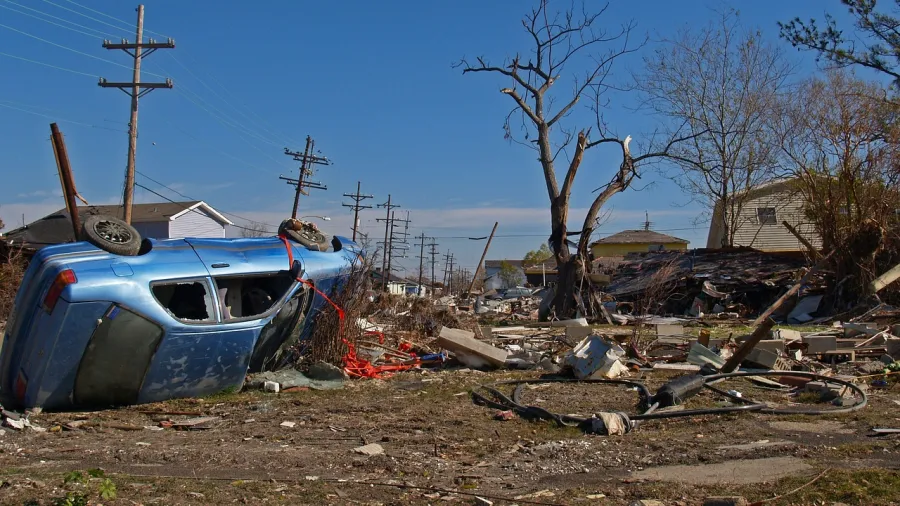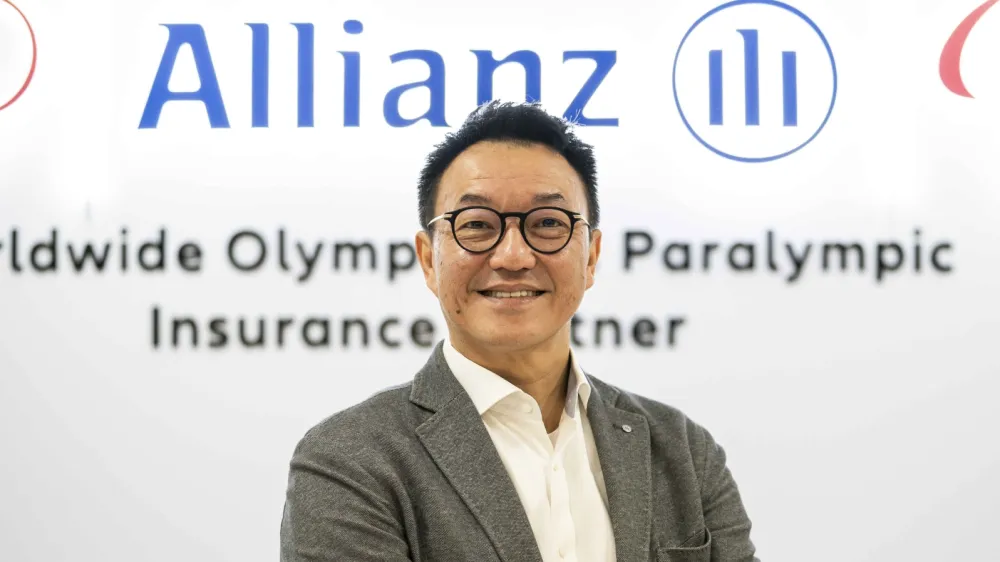
ASEAN forms reinsurance committee to tackle climate risks
The insurance industry’s snail pace in providing capacity for RE projects, the committee aims to jumpstart the progress.
The ASEAN region faces significant climate change risks, with 5 out of the world's 20 most at-risk countries located here. To combat this, ASEAN countries formed the ASEAN Reinsurance Working Committee (ARWC) back in December , and plans to form a regional renewable energy pool.
This initiative aims to mitigate risks associated with large solar and wind projects, with several reinsurers participating. However, mitigating risks associated with such projects is vital for their success, says GuyCarpenter.
“As the insurance industry has been slow to provide capacity for renewable energy projects, this pool provides an important jumpstart in establishing needed capacity to help insure renewable energy projects. It also affords an opportunity for the (re)insurance industry to step forward and demonstrate its commitment to supporting the needs of governments in the ASEAN region,” GuyCarpenter said in a release.
Efforts are underway to increase renewable energy capacity, with targets set to achieve a 35% share by 2025. Several operational solar and wind farms already exist in countries like Thailand, Vietnam, Malaysia, Singapore, Indonesia, and the Philippines.
Addressing climate change risks not only mitigates socio-economic consequences but also presents significant economic opportunities. Studies suggest transitioning to carbon neutrality could add trillions to GDP and create millions of jobs in the ASEAN region.
ALSO READ: Hong Kong Federation of Insurers leads climate charter amongst industry
“The pool represents a public-private partnership in support of ASEAN nations joining together to advance ESG goals while helping spread needed (re)insurance coverage throughout the geographic region. It helps educate ASEAN member underwriters regarding techniques to cover these types of facilities, provides reputable leadership to add comfort to the initial underwriting process, and assists infrastructure developers in ASEAN as they seek financing,” GuyCarpenter stated.
Effective modelling and risk assessment tools like Guy Carpenter's GC AdvantagePoint are crucial for quantifying potential losses and improving resilience in renewable energy infrastructure.
However, there's potential for further expansion to cover additional types of facilities like floating solar platforms and offshore wind farms. By addressing carbon emissions collectively, ASEAN nations recognise the importance of regional cooperation in combating climate change and advancing sustainable development goals.



















 Advertise
Advertise





